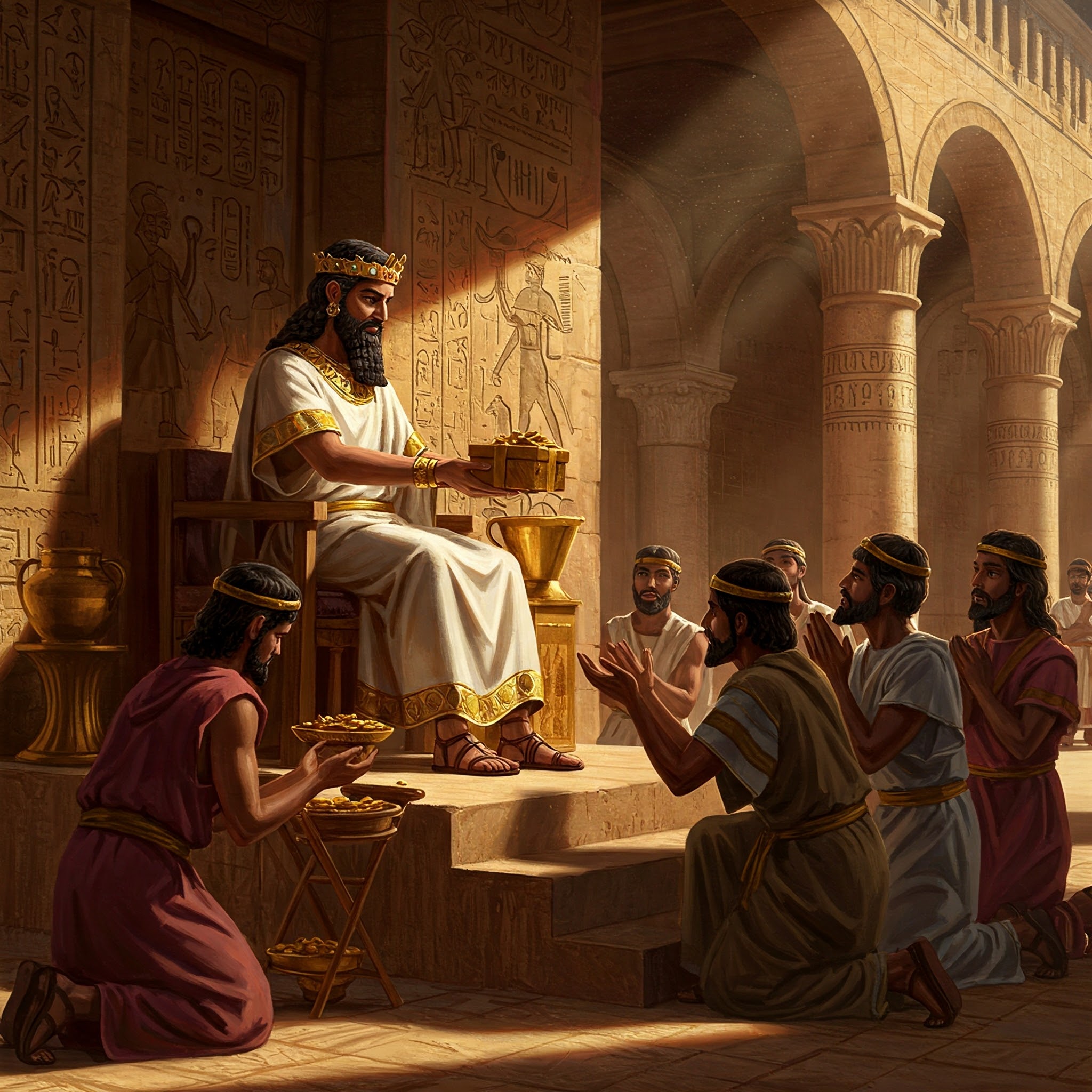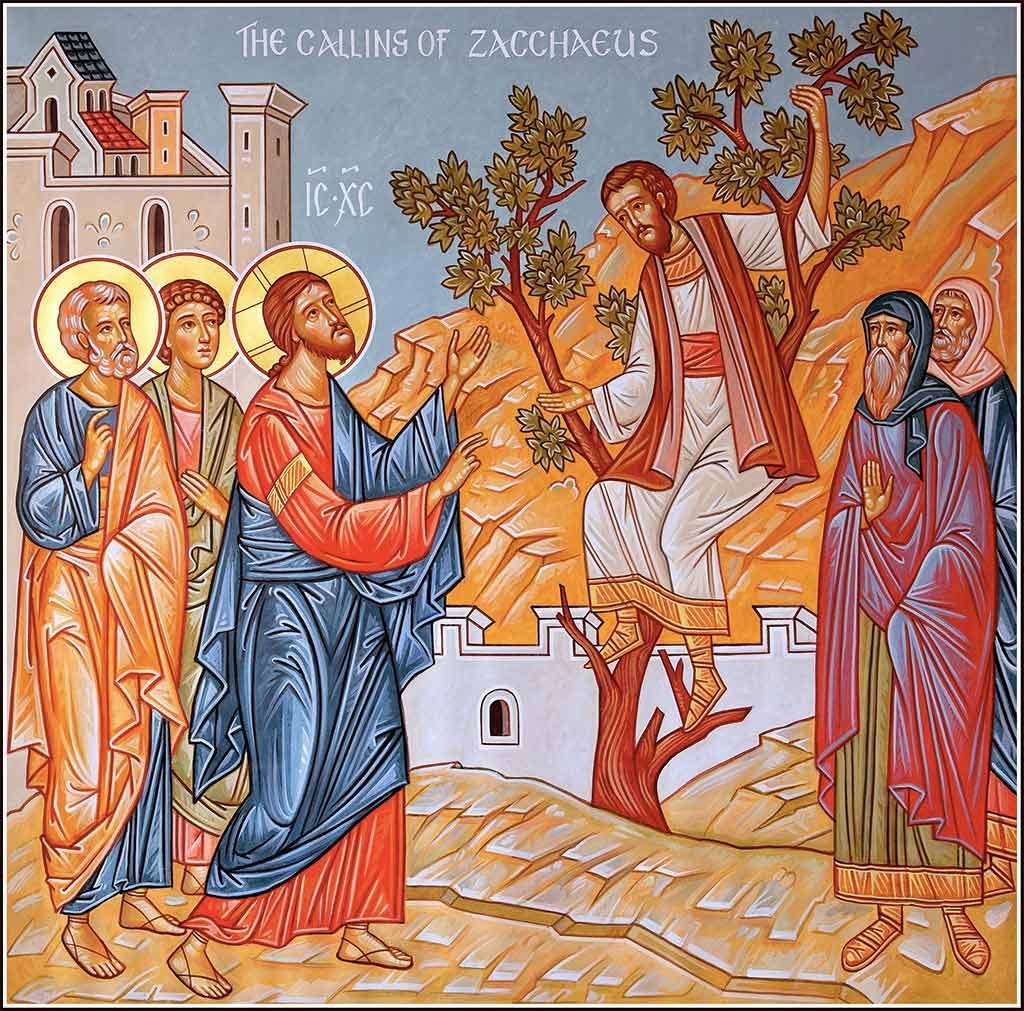Early in the morning, as they were passing by, they saw the fig tree withered from the roots up. Then Peter remembered and said to him, “Rabbi, look! The fig tree that you cursed has withered.”
Jesus replied to them, “Have faith in God. Truly I tell you, if anyone says to this mountain, ‘Be lifted up and thrown into the sea,’ and does not doubt in his heart, but believes that what he says will happen, it will be done for him. Therefore I tell you, everything you pray and ask for—believe that you have received it and it will be yours. And whenever you stand praying, if you have anything against anyone, forgive him, so that your Father in heaven will also forgive you your wrongdoing.” Mark 11:20-25 (CSB)
I’d rather not have this text in the Gospel, if I’m honest a it leads to Christian Science, or to the health and wealth Gospel. We’ve seen preachers on TV proclaim riches in the name of Jesus Christ, all the while swindling the flock. “Send in your money, and we’ll double your harvest.”
Predatory preaching.
More to the point, it redirects the subject of emphasis from being God to being us. If you can’t wilt that fig tree then you just don’t trust enough. Like it’s a Jedi mind trick that you really have to sense to accomplish.
This becomes problematic quickly. The cancer is your fault, the loss of a loved one was due to a lack of your faith. Your ship hasn’t come in because you didn’t pray enough.
But it is there. Just like Jesus telling his disciples to go out and heal. Just like, during the feeding of the five thousand, when Jesus first tests his disciples by telling them to feed the crowd first (Mark 6:37), suggesting that they were able to do the very same thing he could do. It suggests that this is a reality we can operate in.
Jesus isn’t a magician. In fact, magic is outlawed in scripture (Deuteronomy 18:10-12). What he is is fully human, as Adam was before his fall. He has man in perfect union with God, described by the Council of Chalcedon in 451. This is important for many reasons, but not the least of which being that in that perfect harmony with the Father—in that communion—the father and the son, man and human, interact conjointly. The son responds to the father, and the father to the son. Meaning, the will of the son is so rooted in the will of the Father, that the father senses and responds to the wishes of the son. So, in keeping with the will of the Father, if Jesus responds to something of nature (material), the Father responds, in part because the son wouldn’t ever act of order from the Father’s will to begin with.
It’s not like he’s asking for a mansion, a pile of gold, or power. Therefore it’s the delight of the Father to respond. This is faith. There’s a completeness to the union that is entirely trusting.
The most amazing thing about this, is this is our end. Jesus is the figure, or author, after which we are all being moded — that which we are all becoming. The beautiful Hymn in Colossians indicates that it is in, through, and for him that we exist, and to be like him is our end, as humans in union with God. Therefore, in such a union, nature does respond to us, because our faith in God is so complete. To fully be immersed in the will of the Father means that we will and can tell a mountain to move or a fig tree to shrivel. The key point being rooted in the Father’s will. For these actions all glorify God, and not ourselves. Again, it’s not magic, but an invitation into a full relationship with a God who responds to our heart, and teaches us to do likewise.
Oh to have faith like that! And yet, someday, we shall.









